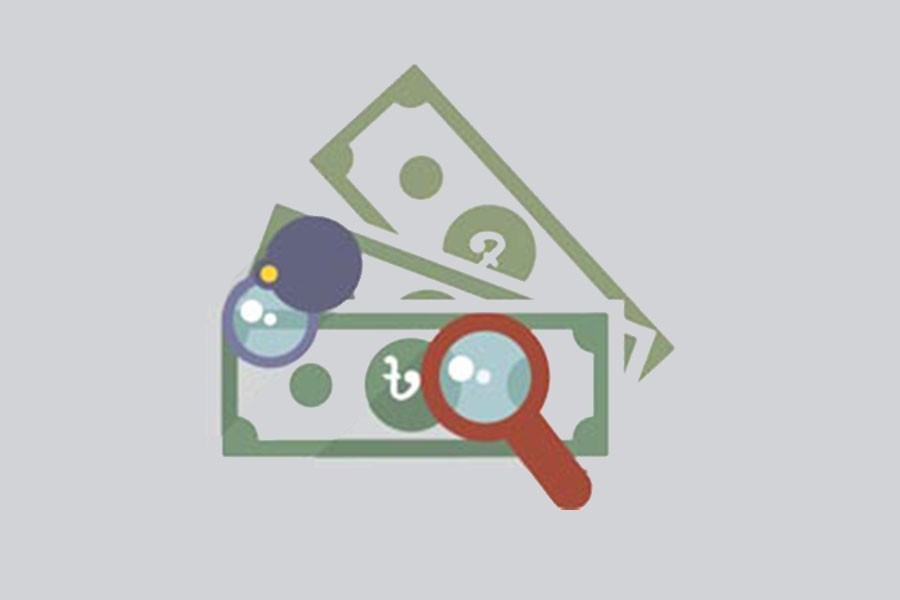The amount of outstanding loans of the state-owned enterprises (SOEs), backed by the government's guarantees, surged by nearly 22 per cent last year, according to budget document.
The document said the outstanding loan amount, valid beyond June 30, 2021, reached Tk 738.36 billion or over 2.14 per cent of the gross domestic product (GDP).
"Consequently, this may have future fiscal implications," it added.
So, the government's liabilities have increased for providing guarantees to the SOEs, which are implementing a number of public policies and programmes.
The government provides guarantees and counter guarantees against the loans, negotiated by various SOEs. If the contracting organisations fail to pay their loans in time, the guarantees are invoked and the liabilities for payment are passed on to the government.
The government gives guarantees in favour of the Bangladesh Bank, Sonali Bank, Janata Bank, Agrani Bank and Rupali Bank at home. It also gives guarantees in favour of JP Morgan, US Exim, HSBC, Exim Bank China and Exim Bank of India.
The government has given guarantees against the loans, amounting to Tk 416.9 billion or more than 56 per cent of the total outstanding loans, to the power sector.
The power sector is implementing 16 projects with loans, backed by the government guarantees. The big projects of the sector are - Patuakhali 1,320-MW thermal power plant, Paira 1,320-MW thermal power plant, Rampal 1,320-MW coal-fired power plant, and Khulna 330-MW dual-fuel combined cycle power plant.
The Bangladesh Biman is the second largest recipient of such loans. It took Tk 109.09 billion to purchase aircrafts and spare engines under 15 projects.
The Bangladesh Chemical Industries Corporation (BCIC) took guarantees for loans worth Tk 64.38 billion under its six projects.
The BCIC is implementing Ghorasal-Polash Urea Fertiliser project. Apart from that, it imports urea fertiliser from the international market, which requires state guarantee.
Besides, agricultural sector credit worth Tk 49.67 billion, energy sector credit worth Tk 15.2 billion, and telecom sector credit worth Tk 11.08 billion for launching the Bangabandhu Satellite were taken.
Moreover, miscellaneous credit, mostly taken by the Trading Corporation of Bangladesh (TCB), Bangladesh Jute Mills Corporation (BJMC), Bangladesh Sugar and Food Industries Corporation (BSFIC) reached Tk 71.9 billion.
Economists said the government had to provide loan guarantees to the SOEs to help them borrow funds to run and expand their operations, as the organisations could not arrange loans by themselves because of their weak financial condition.
Dr. Ahsan H. Mansur, executive director at the Policy Research Institute of Bangladesh (PRI), said it is (the government's) contingent liability. It is also indirect debt in a sense that the government will have to pay the loan, if the organisation concerned fails to repay in time.
"If any organisation fails to pay the loan, then the government will have to pay. So it may create a financial problem".
The government has formulated a policy to monitor the indirect debts, so that these do not turn into direct debts for the country, according to an official of the Finance Division.
It was expected that the sovereign guarantee and counter guarantee guidelines would help the government keep the indirect debts at a tolerable level, he added.
jasimharoon@yahoo.com


